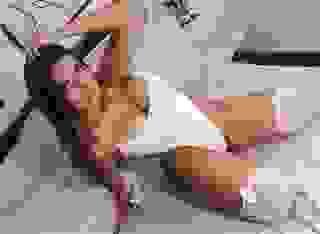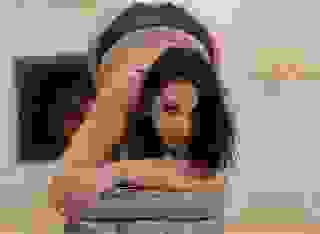- Non-Erotic Poetry
- Cocks’n Whore Jazz, 1763*
Note: You can change font size, font face, and turn on dark mode by clicking the "A" icon tab in the Story Info Box.
You can temporarily switch back to a Classic Literotica® experience during our ongoing public Beta testing. Please consider leaving feedback on issues you experience or suggest improvements.
Click hereTart swish tail and fey fig,
trayf gink and mugg firk,
all are for naught.
Burke and birk the cry,
bawd sards and schites,
two bit tits for wonk.
Rook me rube as nit japes
and cod swives, jazz zig
and jizz zag.
Hawk and gawk lewd leech,
and frog’s snake meat eat,
all for one red dog.
* While "Cocks'n Whore Jazz, 1763*" was written for the "Old and short word" thread, there's a story behind these short, archaic words besides simply talking dirty.
John Wilkes was convicted, and later imprisoned for twenty-two months, for his parody of Pope’s “Essay on Man” that was read by the Earl of Sandwich to the House of Earls on November 15, 1763. It was an attempt to embarrass Wilkes in retaliation for something that transpired with a baboon at a Black Mass being celebrated by his Lordship the earl at a meeting of the Hell Fire Club.
Oddly enough, the piece was actually written by Wilkes’s friend, Thomas Potter, who was the son of an archbishop of Canterbury. The offending lines from “An Essay on Woman” were:
“…life can little more supply
Than just a few good fucks and then we die”
While in prison for printing "a most scandalous, obscene and impious libel", Wilkes was elected to the Parliament four times by the radical Middlesex voters, and four times was denied for his seat due to his conduct. This political test of wills gave rise to the famous rallying cry of “Wilkes and Liberty” that was even heard in the American Colonies. In 1774, Wilkes was finally elected to Parliament, though he was an alderman and sheriff in London in the interim!
There is often more to censorship than meets the eye.
- COMMENTS
English that's barely recognizable today, though if you read it a few times the meanings begin to emerge.
...then I highly recommend that you add a book to your reference library:
"Wicked Words" (A Treasury of Curses, Insults, Put-Downs, and Other Formerly Unprintable Terms from Anglo-Saxon Times to the Present) by Hugh Rawson (c. 1989) and published by Crown Publishers, Inc. of New York.
It is well worth the cover price of $24.95, assuming it's still in print!
come on, you can spare it, loan me a couple dozen points of your IQ :D
as much as I enjoy your poetry, your history lessons are equally as enjoyable
ah come on you know you made it up!
Very Robers Burnes. Is that the name? Damn, I do not know the classics. The one with the poem about the mouse nest in the ladys hat at church. No, the one with the mouse nest in the field and the ladys hat at church.
hmm
I think you should do a series. This was very cool. I don't want the translation. I just wanna hear it for the hearing. :)








